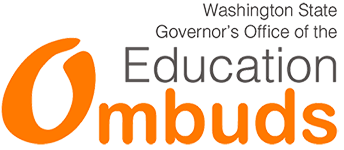Overview:
A Functional Behavioral Assessment (FBA) is:
- A problem-solving process to try to understand the functions of behavior.
- It can also be a type of evaluation for an individual student to understand their behavior.
An FBA generally includes observation and data collection, looking at:
- The environment where the behavior occurs;
- The ABCs:– the Antecedents (what happens before the behavior), the Behavior itself, and the Consequences (what happens after the behavior); and
- Other factors that may be influencing the behavior.
An FBA leads to a hypothesis about what “function” or purpose a behavior serves, so a team can identify alternative “replacement” behaviors that can serve the same function, or meet the same need, without interfering with learning.
Information gathered in the FBA is generally used to develop a Behavior Intervention Plan (BIP).
More Details:
A functional behavioral assessment (an “FBA”), is a type of evaluation used by a school district to determine the cause (or “function”) of behavior.
An FBA focuses on a particular behavior of concern, or “target behavior.” Using various methods, often including observation, data collection, and interviews, the FBA tries to identify what leads to the behavior and what keeps it going. It looks at whether the current responses to the behavior are unintentionally reinforcing it. It looks at what could be appropriate, “replacement” behaviors to meet the same need, without interfering with learning.
An FBA helps answer questions about:
- why a behavior occurs,
- when and where it happens,
- what generally comes before it, and
- what happens afterward.
That information is used to design and target positive interventions to teach and support the student in replacing inappropriate behaviors with appropriate behaviors.
Under special education rules, a parent’s consent is required for an evaluation, including an FBA.
Under the 2025 discipline rules (WAC 392-400-610 and WAC 392-172A-05148), schools must ensure that students continue to receive educational services during any suspension, expulsion, or emergency removal, and that Behavior Intervention Plans support re-engagement and continued access to learning.
